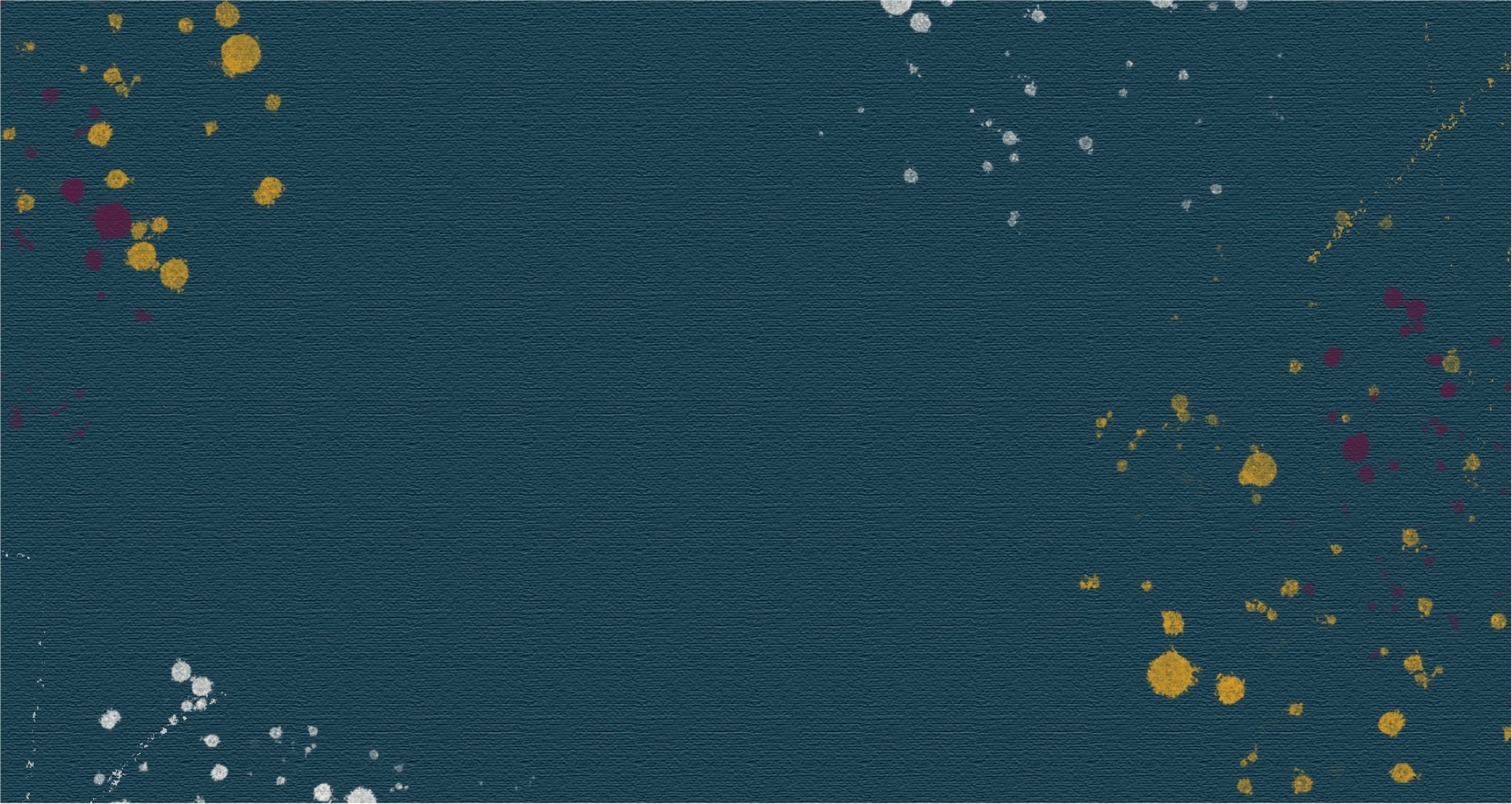Our Expertise
We use a social-scientific approach to answering questions of effectiveness, impact, and equity while centering the standpoint of those who are often marginalized in research.
Research & Evaluation
We lead research and evaluation projects while considering the intersections of identity (racial, gender, class) and power within organizations and communities. International foundations, universities, movement organizations, and grassroots formations have trusted our team to develop strategies to answer complex inquiries. For example, over the last three years, we have co-led a participatory evaluation of the Robert Wood Johnson Foundations’ multi-million dollar power-building initiative, using a mixed-methods design that utilizes survey research, evaluation advisory boards, and in-depth case studies. During this time, we have also led multiple projects with community-based organizations such as the Center for Third World Organizing, Women’s Democracy Lab, and BEAM (Black Emotional & Mental Health Collective).
Strategy & Theory Building
Our expertise includes participatory grantmaking strategy, implementation, and design and comprehensive theory of change development in support of organizational strategic planning. We also support organizations in their efforts to gather and analyze historical data and current information to support their decision making at critical junctures. Some of our clients include Borealis Philanthropy, the Gates Foundation, The Embodiment Institute, and the Robert Wood Johnson Foundation.
Multi-site and National Studies
Our team of multi-disciplinary researchers design and
implement multi-site, national projects that require nimble and skillful execution, often within short timelines. We utilize secure digital processes to maintain confidentiality and the latest technology to increase response rates. We utilize advanced statistical modeling and design and administer online, text, and in-person surveys with diverse populations across the country. In 2024, we completed the Giving Gap’s The State of Black Nonprofits Report which utilized survey data from across the US. In 2023, we competed a 5 year analysis of the impact of the #METOO movement. We also led the Safety We Can Feel research, a project examining the views of over 1,000 Philadelphians on community safety and government spending.
Additional Offerings
Presentations
Our team members have presented at universities, grantee convenings, and academic conferences, including the American Evaluation Association (AEA) and the Society of Research in Action (SCRA).
Education
We have partnered with organizations to assess and put in place equitable evaluation processes and organization-wide equity practices. We partnered with Compass Point, a non-profit in Oakland, to examine how racial equity values are reflected in their programs and company norms.
Speaking +
Co-Learning
Our founder and senior research staff have led webinars and been guests on numerous panels. We speak on our methods and lead and provide teams with resources and tools to bring equity to their research and evaluation practices.
Our Approach
Our Values

“Zuri is an incredible writer and really has done an amazing job outlining BOLD's evolution in the context of US/Black organizing.”
Lorelei Williams
BOLD Operations Director
reach out










